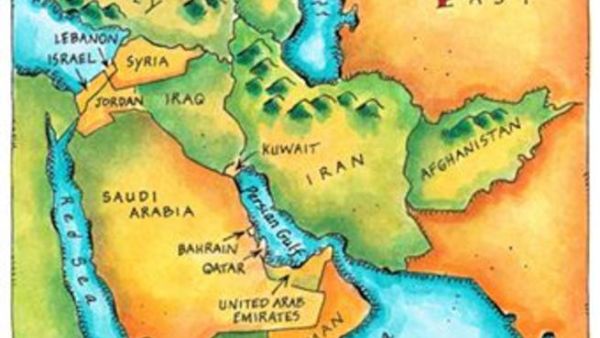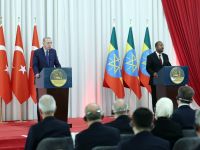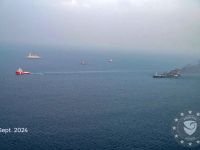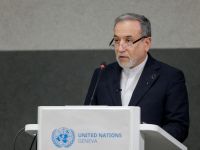Jordan meeting caught the mood in the Arab world that political change and economic regeneration can work together to improve living standards.
Despite deep worries about how the elections in Tunisia (last weekend) and Egypt (later this month) will turn out, and how Libya’s constitutional process will handle a transition to civilian popular government, there is a great sense of optimism in the Arab world. The recent Special Meeting of the World Economic Forum at the Dead Sea in Jordan was full of excited politicians, business leaders and social entrepreneurs all looking at new opportunities.
The key is that change has been proven to be possible. And that is exciting at a social and political level, even if it has forced many businesses to stop their current plans. So while it may be frustrating for a Dubai-based property company to put its ideas in Cairo on hold for a year, while the new government takes shape, new laws are defined, and any potential for investigation of government officials is over, there are many other businesses looking at how to move into the new markets.
Much of the debate at the World Economic Forum at the Dead Sea was circling around various aspects of improving education and creating better opportunities for the millions of young Arabs who form over 60 per cent of the population. Several speakers insisted that the key was to see the vast wave of young people as an opportunity, not a threat.
Millions of unemployed youths, with little hope of work, and no education, and a possible inclination to radical answers would indeed be a serious threat to any society. But millions of well-educated 20-somethings, heading for 21st century jobs in new technologies, would be a terrific asset to any Arab state.
The political environment in any country is a vital bridge between these social aspirations and reality. What was noticeable at the Dead Sea meeting was a very practical attitude from the political leaders. For example, King Abdullah of Jordan, and his new (incoming at the time) prime minister, spoke of the slow process of reform on which Jordan is embarking. The king was clear that reform is the only way forward, by which he meant more popular participation in the process of appointing a government. Jordan is working to a fairly tight timetable of having municipal elections within a few months, followed by the creation by Parliament of several new laws including a new independent election commission, which will allow new parliamentary elections by the end of 2012.
The important thing about these elections is that they may well decide the next government, which is a major change in a country where the king has always appointed the prime minister without reference to the parliamentary position.
Stark contrast
This managed process of Jordanian movement to a popularly elected government stands in stark contrast to what it happening just over Jordan’s long northern border with Syria, where the regime has set its face against any dialogue with the protesters, and has combined with the security forces to kill between 20 to 50 people almost every weekend.
It is on record that Jordan took a totally different approach, and as the wave of protests swept the whole Arab world in February and March this year, the Jordanian police were disarmed by the government to avoid mishaps as well as to illustrate the government’s peaceful intentions. The police even went one step further by handing out water and juices to the protesters as they marched.
Shaikh Hamad Bin Jasem Al Thani, Qatar’s Prime Minister and Foreign Minister, was outspoken at the Dead Sea meeting on what the Al Assad regime is doing in Syria when he said: “Do not fight your people to stay in power. People are more valuable. And if you kill people, even if you win, you will lose in the end. Both sides [people and government] must be engaged.”
Shaikh Hamad’s speech focused on the need for all Arab governments to recognise the importance of social building, to which “many countries have not paid enough attention”, he said.
“Growth and economic success have not translated into broad economic success for all. There is still a problem of poverty versus the rulers. The recent unrest was not just discontent, but a desire for a whole new process. It is high time for Arab countries to see new economic models.” This urgent need to foster economic and social growth is where many of the incoming Islamic parties in the new Arab states may face problems. For decades their programmes have focused on opposition techniques of toppling dictatorships and generating their more religious view of how to manage social affairs.
But now, post-Arab Spring, they often are totally innocent of any policies on the major issues facing most Arab countries: like economic regeneration, developing an education syllabus for the 21st century, and tackling poverty and social engagement. These are the battle grounds where Arab governments of the future will succeed or fail.
To put it very crudely: requiring a woman to wear a veil, or banning the sale of alcohol, are not issues that will make the Arab world back a leader in this century. That needs education which encourages people to think for themselves, awareness of new technologies, and a sense of being able to be among the world’s best and ready to join them as equals. Without that commitment, it makes very little difference if the government is secular, Islamic, or even military.








